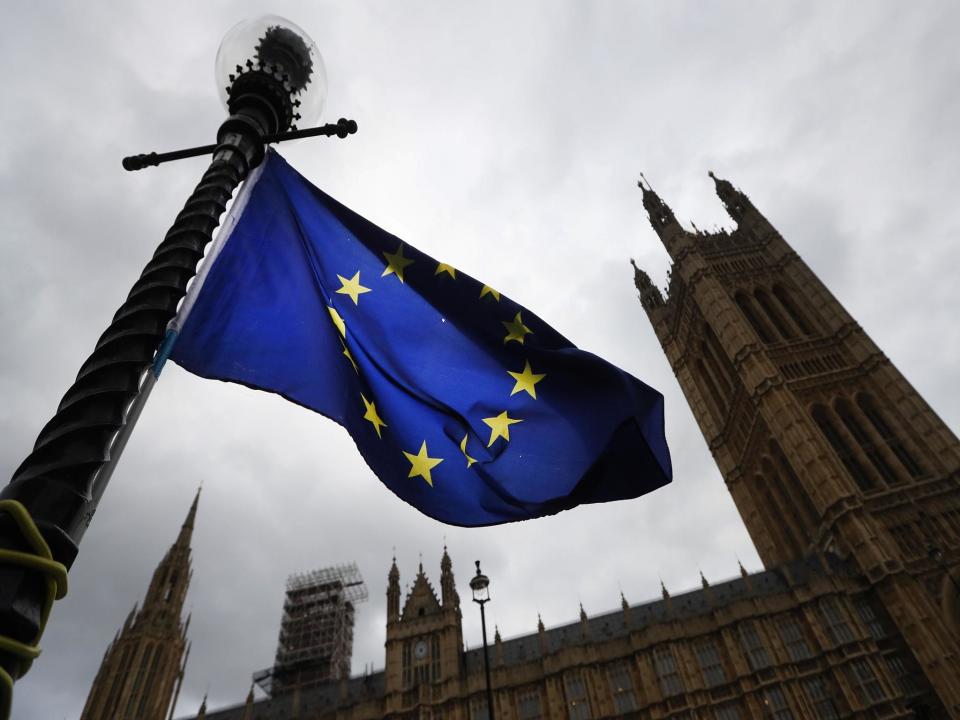Brexit to result in a sharp slowdown in UK economic growth, OECD predicts

The OECD expects Brexit to result in a sharp slowdown in UK growth.
In its November forecast, the Paris-based multilateral think tank projects UK GDP growth this year of 1.5 per cent, slowing to 1.2 per cent in 2018.
In 2019, when the UK is set to leave the EU, the OECD expects growth of just 1.1 per cent.
“The growth slowdown is expected to continue through 2018, due to continuing uncertainty over the outcome of negotiations around the decision to leave the European Union and the impact of higher inflation on household purchasing power,” said the OECD, adding that there would be a “moderate” rise in the UK’s current 4.3 per cent unemployment rate.
The 1.2 per cent forecast for 2018 growth is actually up on the OECD’s September forecast of growth of just 1 per cent.
“The upward revision of 0.2 percentage points for 2018 in part reflects the slower pace of fiscal consolidation announced in the Budget, and also partly reflects our revised technical assumption on the exit from the EU,” the OECD said.
The organisation now assumes that the UK will secure a trade and regulation transition agreement with the rest of the EU, to begin after March 2019, rather than leaving with no deal.
But that rate of growth for 2018 would still be the joint weakest of the 19 countries covered by the OECD – with the sole exception of South Africa, which is projected to grow by only 1 per cent next year.

The OECD’s projections are weaker than the predictions of the Treasury’s official forecaster, the Office for Budget Responsibility (OBR), which projected last week that UK growth in 2018 would be 1.4 per cent, and 1.3 per cent in 2019.
The OBR’s projections are based on the assumption of a relatively smooth Brexit, where trade is not seriously disrupted.
Responding to the OECD’s latest forecast, a UK Treasury spokesperson said: “There are over three million more people in work since 2010, and we are building an economy that is fit for the future. The Budget and our industrial strategy set out a balanced approach to reducing the deficit, supporting our vital public services and investing to improve our productivity.”
The OECD noted that the UK’s outlook could improve if a less disruptive Brexit materialised.
“Prospects of maintaining the closest possible economic relationship with the European Union would lead to stronger-than-expected economic growth,” it said.
However, it added that the Chancellor, Philip Hammond, should also be prepared to loosen the Government’s purse strings if the downturn next year is worse than expected.
“The authorities should stand ready to further increase productivity-enhancing measures to support investment if growth weakens significantly ahead of Brexit,” the OECD said.
The organisation also described still high levels of UK household debt as a “major financial stability risk”.
The downbeat UK picture contrasts with a global economic outlook pick-up.
The OECD expects global GDP growth to strengthen to 3.6 per cent this year, up from 3.1 per cent in 2016. It sees growth in 2018 hitting 3.7 per cent.

 Yahoo Finance
Yahoo Finance 